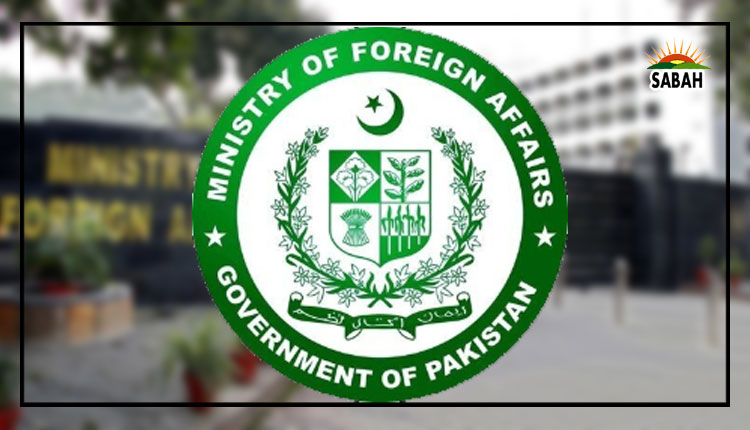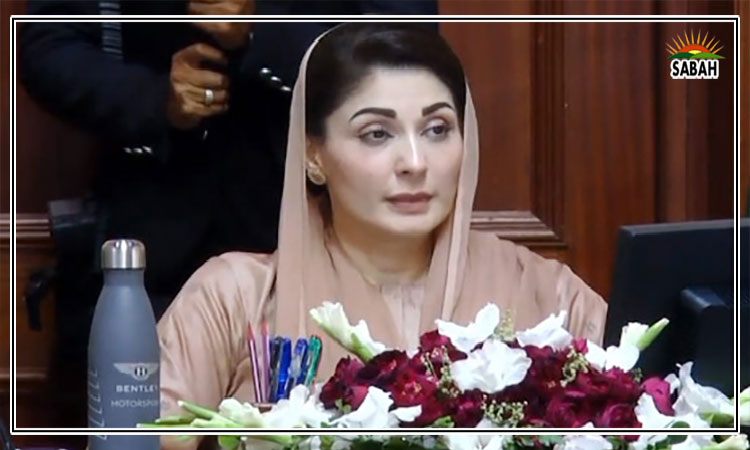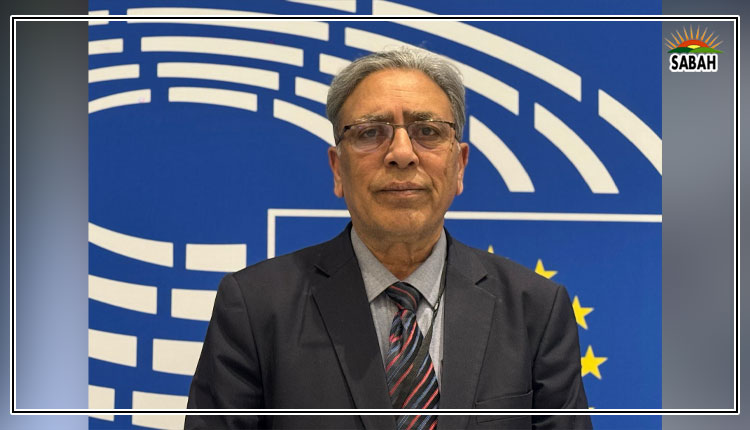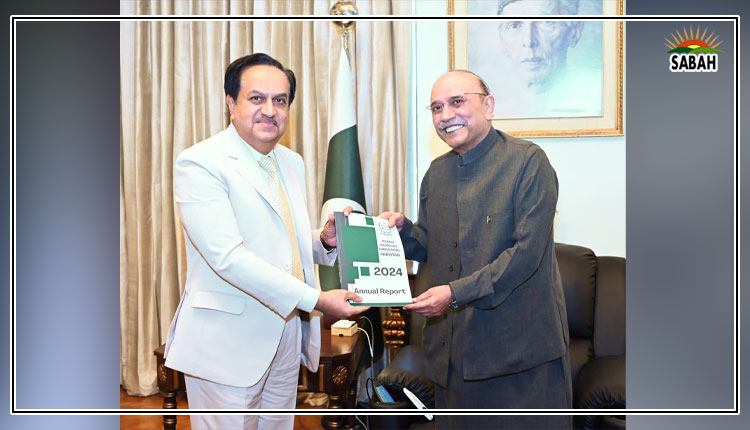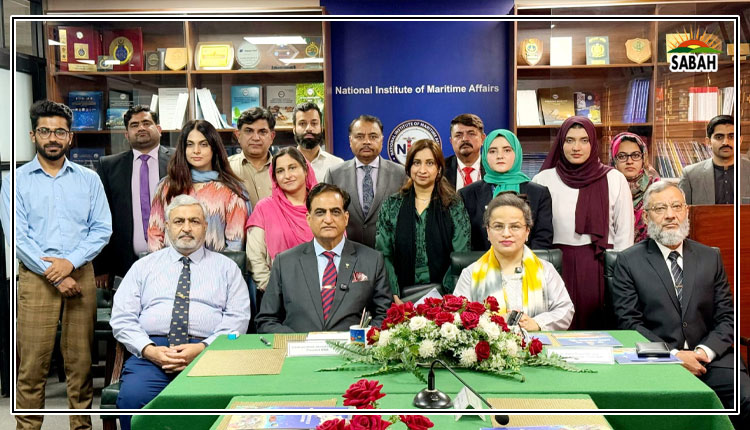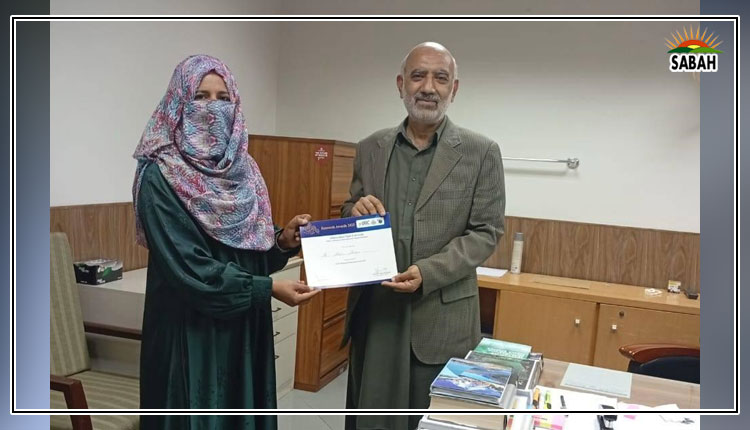Legacy of impunity…Jos Bartman
In crisis-ridden Pakistan, there is often a premium on telling the truth. In some cases, speaking truth to power can have fatal consequences.
Imagine the impact on journalists who play a vital role in preserving rule of law by holding the powerful to account and protecting the publics right to know.
The case of Wali Khan Babar is a prime example. A young journalist in Karachi, he was brazenly gunned down in 2011 after members of the Muttahida Qaumi Movement (MQM) determined that his reporting was detrimental to their partys interests. Within the next year, at least five witnesses were gunned down. It took another two years for those responsible to be convicted.
This is just one case. According to the Committee to Protect journalists, 64 journalists have been murdered in the past 20 years. Although the peak of murders took place in the period 20072014, the recent murder of Pakistani journalist Arshad Sharif reminds us that journalist murders are not a thing of the past. Tragically, virtually none of these cases has resulted in any criminal or political accountability.
In 2007, journalist Zubair Mujahid was murdered. The consortium A Safer World for the Truth consisting of Free Press Unlimited, Committee to Protect Journalists and Reporters Without Borders found during their investigation that the murder of Zubair Mujahid was not investigated in an independent and effective way and that clear leads were completely ignored.
The individuals that threatened to murder Zubair Mujahid were never treated as persons of interest.
Such cases of impunity arguably undermine democracy as much as journalist-murders themselves. While journalists murders are not exclusively perpetrated by public officials, it is the state that has the responsibility to investigate such crimes. Article 37(d) of the constitution of Pakistan requires the state to ensure the “prompt and inexpensive determination of justice.” The unnecessary failure to ensure this sends a message to journalists that they are practically outlawed.
A silver lining is that the legacy of impunity can still be dealt with. Dealing with this legacy would be a first step in showing Pakistan’s commitment in protecting the freedom of expression and the press. The recent investigation into the murder of Arshad Sharif by a Joint Investigations Team highlights that Pakistan has the capacity to deliver a thorough investigation that scrutinizes an earlier investigation, in this case the investigation that was conducted by Kenyan authorities.
This stands in sharp contrast with the investigation into Zubairs murder, which was primarily investigated by the Mirpurkhas Police department. For context, Zubair wrote a fortnightly column Crime & Punishment in the Jang newspaper which focused on the police. His columns resulted in action against and suspension of high-ranking police officials.
One of those officials personally threatened to get Zubair murdered. Yet, the subordinates of the same individual were tasked with investigating the murder. Perhaps, it is therefore no surprise that the case files were collecting dust in a forgotten cabinet. Meanwhile, Zubairs widow and children continue their pursuit of justice to this day.
Her efforts did result in a re-investigation but their reports mirrored those put together by the Mirpurkhas police department in the wake of the murder. It was dismissed as biased by press freedom organizations as well as Zubairs family over its failure to follow prospective leads and contained numerous errors.
An inexpensive way to achieve progress in the investigation would be to set up a judicial commission that can provide the impartiality that is necessary to investigate the right lines of inquiry and achieve progress.
On February 2, a large consortium of prominent Pakistani and international press freedom organizations sent a letter to the prime minister of Pakistan, requesting the PM to set up such a judicial inquiry. Answering this call can provide an opportunity for justice and an opportunity to deal with Pakistan’s legacy of impunity in crimes against journalists.
The writer is the research coordinator of the Safer World for the Truth
project, a consortium of Free Press Unlimited, CPJ, and RSF.
Courtesy The News


